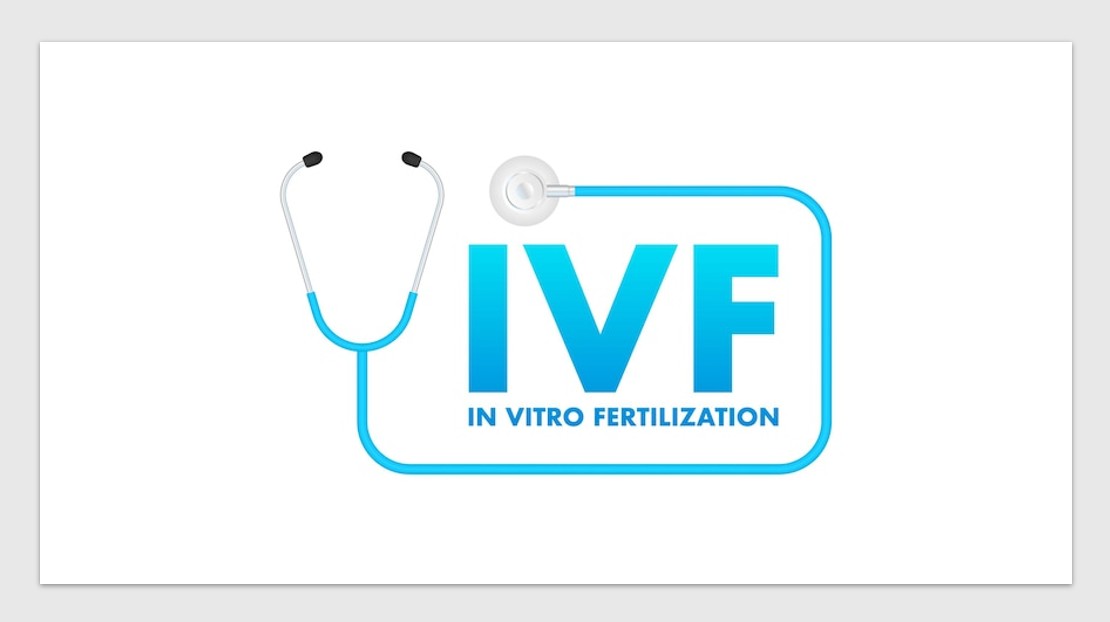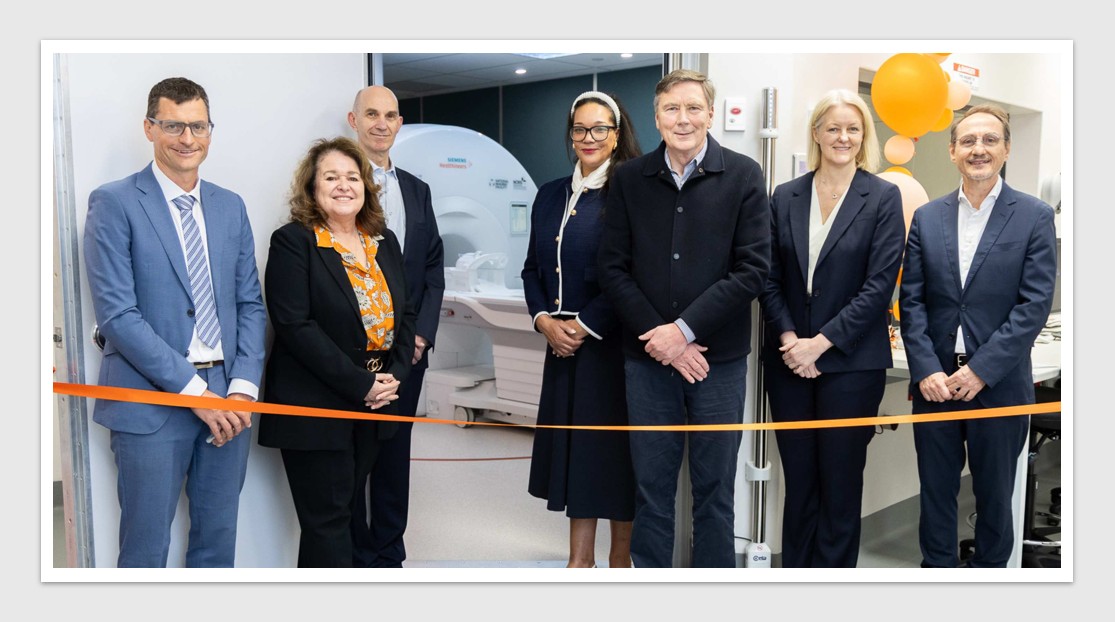News - Biotechnology
Aussie biotechs sweep top honours in Asia Pacific cell and gene therapy

Two Australian biotechnology companies have taken centre stage at the Asia Pacific Cell & Gene Therapy Excellence Awards 2025 (APCGTEA 2025), with Cartherics and HaemaLogiX securing recognition for their pioneering pipelines in immune cell therapy.
Cartherics, a leader in developing off-the-shelf immune cell therapies for high-impact women’s health diseases, was named Most Promising iPSC Therapy Pipeline in APAC. Meanwhile, HaemaLogiX earned the award for Most Promising CAR-T Pipeline in APAC, highlighting its focus on novel approaches for blood cancers.
“This award is wonderful recognition of not just our science, but also the dedication and vision that drives our work,” said Rosanne Dunn, Founder and Chief Scientific Officer of HaemaLogiX. “We’re honoured to be recognised in such exceptional company – a field of the region’s top innovators – all striving to redefine what’s possible in CAR T-cell therapy. We’re more determined than ever to advance transformative therapies, particularly for multiple myeloma – the world’s second largest blood cancer and a disease for which there is currently no cure.”
Cartherics COO, Dr Ian Nisbet, echoed the significance of the award, noting the company’s progress since inception.
“We are delighted to receive the Asia Pacific Cell and Gene Therapy Excellence Award in recognition of the technology platform and pipeline that we’ve built since founding Cartherics. We believe that our platform has the potential to deliver multiple products to enhance the lives of patients, particularly women who are battling diseases like ovarian cancer and endometriosis,” said Dr Nisbet.
Cartherics’ pipeline is anchored by CTH-401, the only NK cell therapy in development to incorporate a chimeric antigen receptor (CAR) targeting the adenocarcinoma-specific antigen TAG-72. An Investigational New Drug (IND) application is planned for CTH-401, initially in relapsed and refractory ovarian cancer, with later expansion into endometriosis. The company is also advancing iPSC-derived immunotherapies for solid tumours such as triple-negative breast cancer, while exploring applications beyond oncology.
HaemaLogiX, meanwhile, is advancing two lead therapies: KappaMab, a novel monoclonal antibody, and KMA.CAR-T, a first-in-class cell therapy. Both programs are designed to selectively target cancerous plasma cells while preserving healthy immune function, offering new hope in diseases where unmet need remains high.
The dual recognition for Cartherics and HaemaLogiX highlights Australia’s growing leadership in the cell and gene therapy landscape, with homegrown science increasingly shaping the future of immunotherapy across the Asia Pacific.
![]() In reimagining healthcare across the entire patient journey, Health Industry HubTM is the only one-stop-hub uniting the diversity of the Pharma, MedTech, Diagnostics & Biotech sectors to inspire meaningful change.
In reimagining healthcare across the entire patient journey, Health Industry HubTM is the only one-stop-hub uniting the diversity of the Pharma, MedTech, Diagnostics & Biotech sectors to inspire meaningful change.
The Health Industry HubTM content is copyright protected. Access is available under individual user licenses. Please click here to subscribe and visit T&Cs here.
News - Pharmaceuticals

IVF sector faces new era of oversight
Australia’s fertility sector faces a regulatory shake-up, as Health Ministers handed down the future of assisted reproductive technologies (ART) oversight […]
MoreNews - MedTech & Diagnostics

Government’s premium surgery risks leaving patients with the bill
The federal government is reshaping how private health insurance premiums are determined, a move designed to give private hospitals greater […]
MoreNews - MedTech & Diagnostics

Public and private hospital funding dominate Health Ministers’ agenda
Health Ministers convened on 12 September to address health system reform priorities, including the National Health Reform Agreement (NHRA), the […]
MoreNews - MedTech & Diagnostics

Siemens unveils ‘most powerful scanner’ with new partnership
A multi-million partnership with Siemens Healthineers has established New South Wales’ most advanced magnetic resonance imaging (MRI) scanner. Through a […]
More